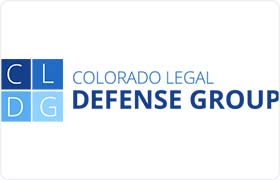Kittredge White Collar Crime Lawyer, Colorado
Sponsored Law Firm
-
 x
x

Click For More Info:
-
Colorado Legal Defense Group
2801 Youngfield St. Ste. 300 Golden, CO 80401» view mapCriminal Colorado Criminal Defense Lawyers
Our Colorado criminal defense attorneys handle all types of criminal cases -- from Colorado DUI / DWAI and Colorado domestic violence cases, to drug crimes and juvenile crimes.
800-764-8851
Thomas R Ward
Litigation, Lawsuit & Dispute, White Collar Crime, Criminal, Civil Rights
Status: In Good Standing
Zachary Steven Westerfield
Constitutional Law, Traffic, Bankruptcy, White Collar Crime
Status: In Good Standing Licensed: 17 Years
Richard A. Hostetler
Litigation, White Collar Crime, Criminal
Status: In Good Standing Licensed: 49 Years
Markus Funk
Consumer Rights, Litigation, White Collar Crime, International Other
Status: In Good Standing Licensed: 13 Years
 Melissa Garscin Denver, CO
Melissa Garscin Denver, CO AboutColorado Legal Defense Group
AboutColorado Legal Defense Group Practice AreasExpertise
Practice AreasExpertise
